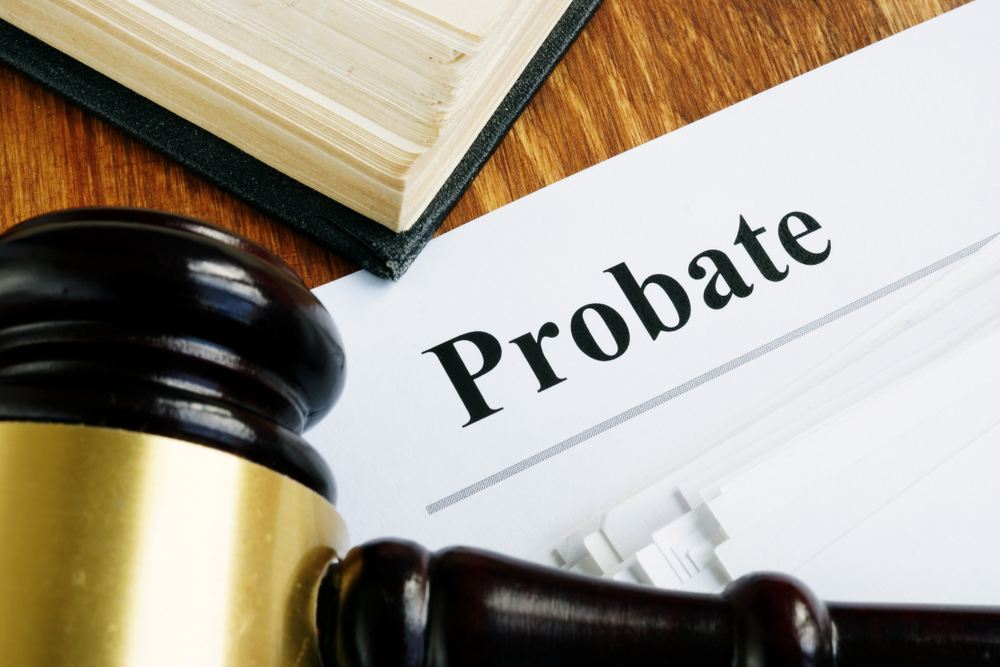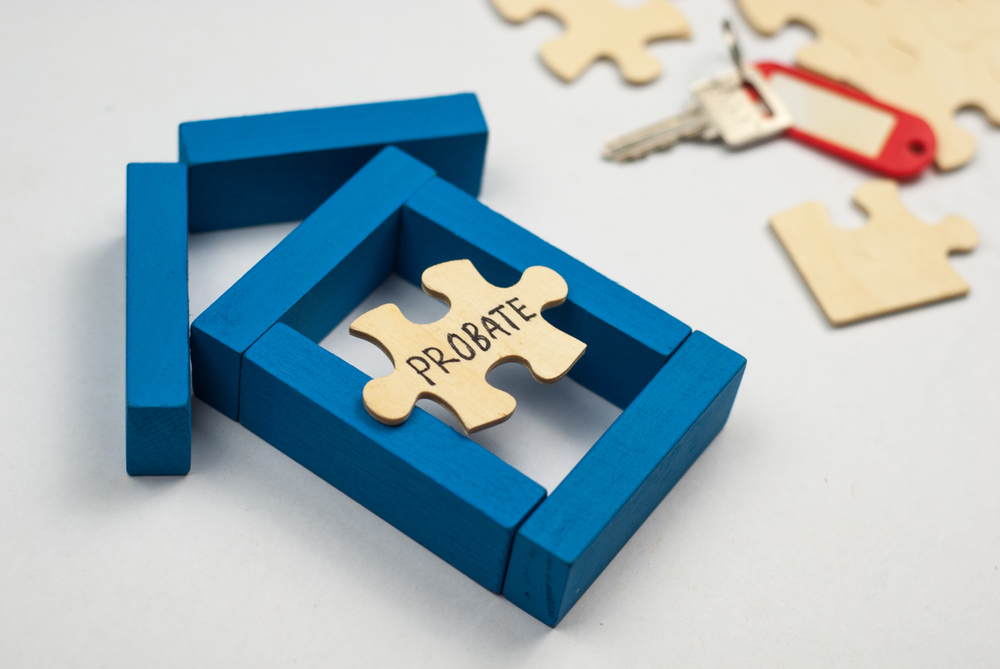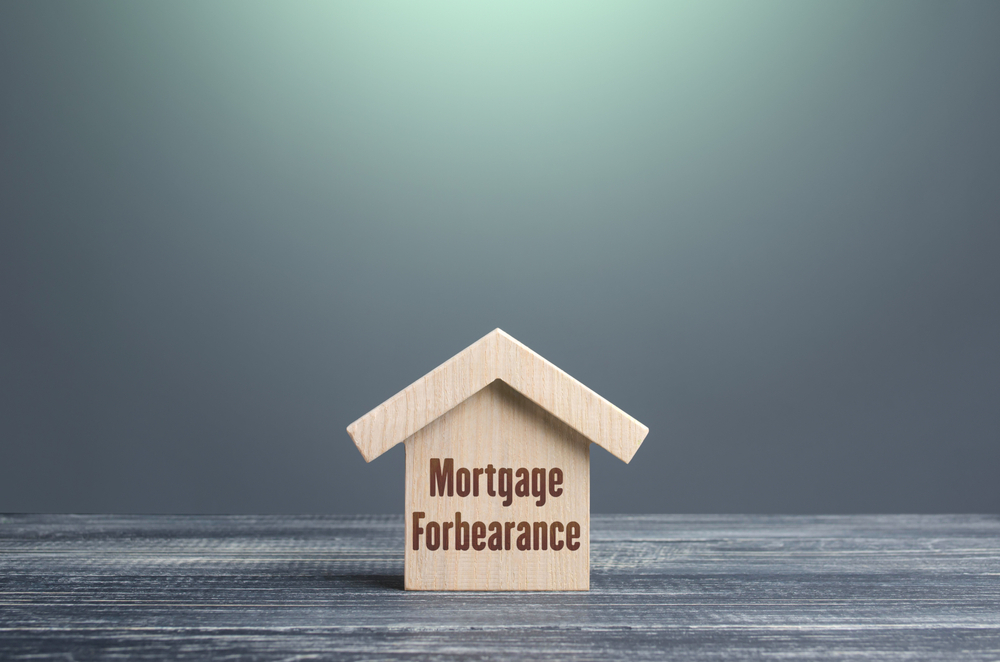Whether you’re a real estate investor or just looking for a new place to live, you’ve probably heard of probate sales and wondered what is probate sale and how they work. When a person dies with more debt than cash savings, their assets, such as their home, might be sold to pay off their creditors.
At that moment, any leftover fortune can be distributed to their heirs and beneficiaries in accordance with their will. (If there is no will, these assets will go through probate, where the court will use state laws to decide ownership.)
Although it appears simple, probate sales can be complicated and time-consuming for buyers and family members of the deceased. To reduce potential tension, it’s a good idea to walk in with a realistic notion of what to expect.
What is a Probate Sale
When someone dies and doesn’t leave a will that gives the home to someone else, it’s called a “probate sale.” To finish the probate process, the personal representative or property lawyer will need to sell the home. After all debts and taxes are paid, the money from the sale will go to the heirs.
A probate sale can take a long time because the court is in charge of the sale and has to make sure it goes through. It can be hard to do, which is why many people hire an estate lawyer to do it for them.
How a Probate Sale Works
When a homeowner dies with debt in their name, it’s not very rare for that to happen. If they had a will, there should be someone named as their executor who would be in charge of their money and things. As part of these duties, you might have to give away money to your beneficiaries, pay your creditors, or sell the home of the person who died if a probate sale is necessary. A lot of times, when there isn’t a will, the court will either handle the sale itself or appoint a person to do so. In either case, a real estate agent may show the home and help with the sale.
Property acquired through probate is typically sold “as is.” Therefore, purchasers who hope to negotiate that particular property repairs be addressed before purchasing will be unsuccessful in their efforts. This type of take-it-or-leave-it arrangement is not suitable for many buyers, but the advantage is that you are more likely to receive a sale price that is below market value. Just keep in mind that making an offer on a probate property is frequently only the first of several stages involved in the process. Depending on whether the home is being sold by the executor of an estate, the court may still need to approve your bid before it can be accepted and sold.
Additionally, you may be required to provide additional funds upfront. Following the National Association of Realtors’ guidelines for down payments, you’ll most likely need a deposit of at least 10 percent available at the time of purchase in addition to your down payment, though these additional funds can be applied to your down payment at closing. There may be differences in the circumstances if the property is being sold through the court system rather than through an executor of a will. For example, the sale might take place as an auction, with the highest bidder being required to pay with cash or a cheque.
Is Buying a Probate Sale a Good Idea?
A probate sale is not the best option for everyone. A person must first assess what is most important to them in terms of buying a property quickly versus receiving a decent deal in order to determine if this is an option they should consider. Despite the fact that many probate homes sell for significantly less than market value, the procedure can take much longer than a typical purchase.
If you are considering whether to pursue a property via probate, you should consider the cost of repairs and upgrades. A probate sale may be a fantastic place to find a home if you have the skills and resources to complete the job yourself or have the funds to hire professionals. The majority of people who flip houses for a living do so in order to find lower-priced residences that they can then fix up and resell for a profit.
A probate property, on the other hand, may not be the ideal alternative if you have limited time and money for repairs and upgrades. A house in a probate sale is not a good decision if you are afraid of the unknown. When buying a house through a probate sale, the buyer often has limited knowledge of the property. Even if you get an inspection, you might discover hidden problems that cost hundreds or even thousands of dollars to fix. Finally, you must consider whether the advantages of purchasing through a probate sale exceed the disadvantages.
Quick Wrap Up
Purchasing a home usually entails a number of challenges. Choosing a probate sale can provide a variety of obstacles, but one reality remains: if you plan on using a mortgage to finance your new house, having the best credit score possible is always a good thing. Before applying for a mortgage, knowing what’s on your credit report might help you discover potential problems and improve your credit score.






